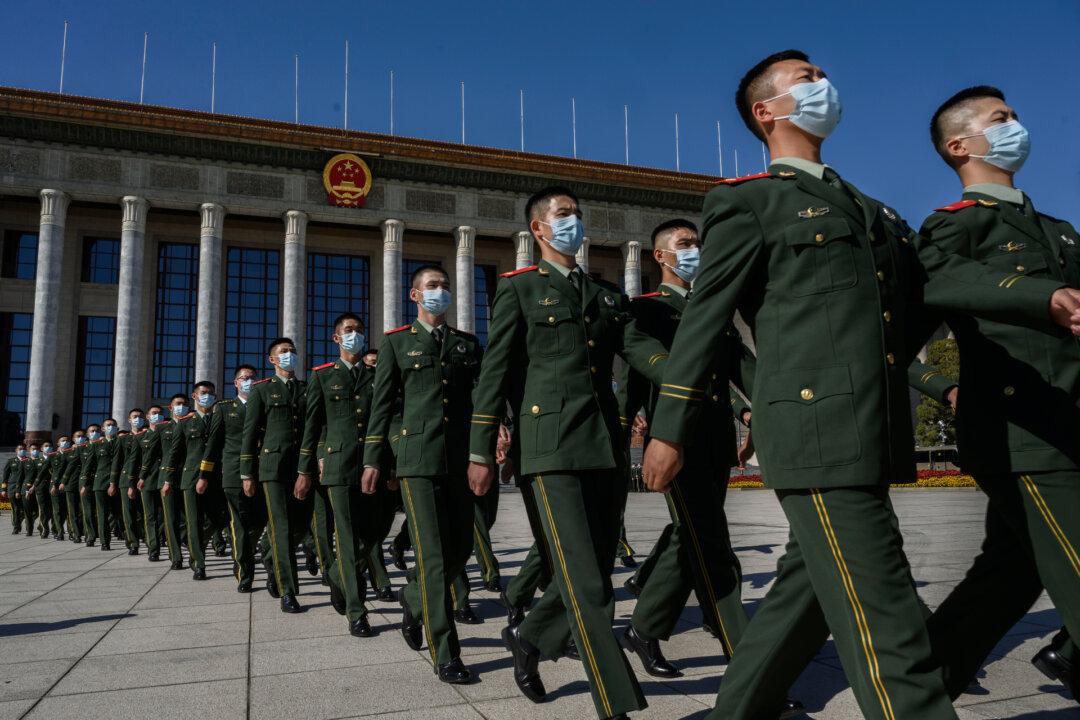In the run-up to the all-important Third Plenum of the Chinese Communist Party (CCP)’s Central Committee—a once in five-year event—a relatively low-ranking political cadre in the military was suddenly promoted to the rank of general. His rapid promotion at this significant time has China watchers speculating about what CCP leader Xi Jinping has planned for him.
He Hongjun, deputy director of the Political Work Department of the Central Military Commission (CMC), was promoted to general and executive deputy director of the Political Work Department of the CMC.






